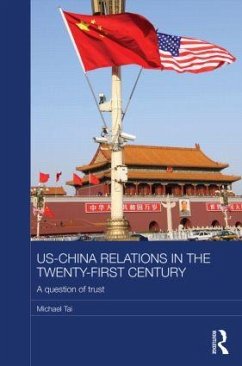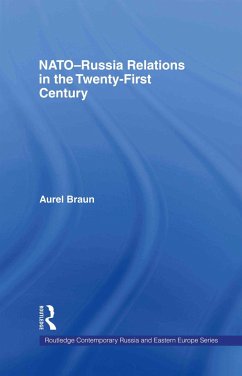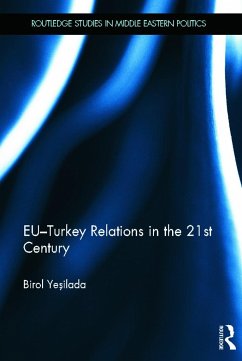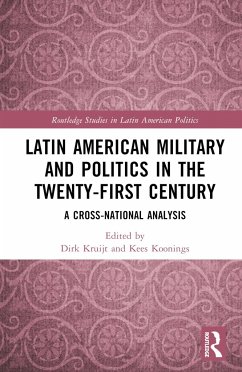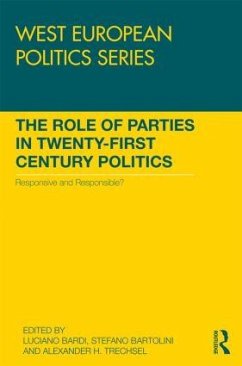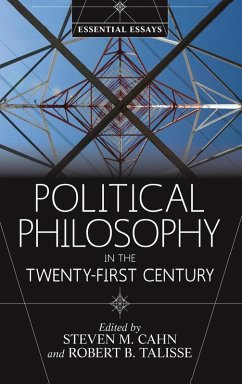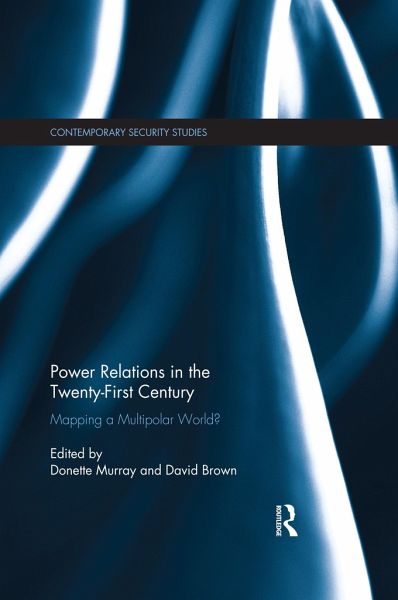
Power Relations in the Twenty-First Century
Mapping a Multipolar World?
Herausgeber: Murray, Donette; Brown, David
Versandkostenfrei!
Versandfertig in 1-2 Wochen
55,99 €
inkl. MwSt.
Weitere Ausgaben:

PAYBACK Punkte
28 °P sammeln!
This edited volume explores in depth each of the individual relationships between the putative 'poles' of a prospective new multipolar system in the 21st century.





